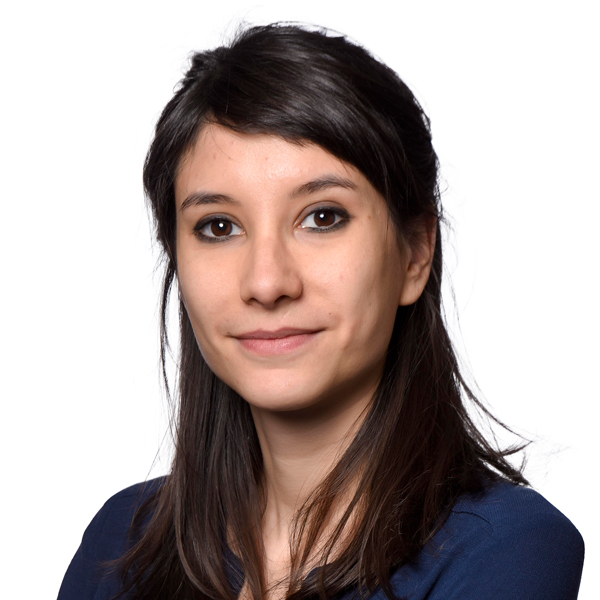Spotlight on intellectual property in universities, publishing and libraries
Subject: Multidisciplinary
The UOC took part in the University of Salamanca's intellectual property conference.
As part of the events organized for its 8th centenary, the University of Salamanca held a conference on intellectual property in higher education at the end of May and beginning of June. More than a hundred specialists from Spain and abroad came together at this meeting to reflect critically on issues such as the ownership of intellectual property rights, remuneration of authors or digital publishing.
Representatives from the UOC also took part in the debate. Among the members of the staff from the Library attending were its director, Ciro Llueca, and Aida Camps, technical coordinator of Library Services for Learning.
Miquel Peguera Poch, professor of Company Law at the UOC, gave a presentation on current legislation and case law in the use of internet links during the session devoted to digital publishing. As Peguera explained, in order to ascertain whether a link infringes intellectual property law, one must first ask oneself what its communication value is.
Focus of debate
Luis Collado Mediero, General Manager of Global Product Partnerships EMEA (Google), stirred the audience with his opening statement: “the academic debate may be far removed from reality”, he postulated, referring to the previous presentations. During his presentation, he proposed payment formulas that go beyond a fixed price for each book.
A holistic view of intellectual property
The talks and round tables included in the conference programme focused on three themes: universities, publishing and libraries.
- Eduardo Galán Corona, full professor of Company Law (University of Salamanca), reminded that the law attributes copyright to the university's faculty, unless it is a commission specifically made by the university.
- Pilar Cámara Águila, tenured professor of Civil Law (Universidad Autónoma de Madrid), highlighted the direct conflict between certain legal texts that convert open publication into an obligation and the Intellectual Property Law. One example is Article 37 of Law 14/2011 on science, technology and innovation.
- Frank Gotzen, president of the International Literary and Artistic Association (ALAI), pointed to the need to harmonize the different national legislations on copyright and drew attention to the European Commission's draft Directive (2016) to adapt to the digital single market.
- Tanya Aplin, professor of Intellectual Property Law (Dickson Poon School of Law - King's College London), examined the Berne Convention, the international treaty on copyright protection in literary and artistic works, and more specifically, Article 10, which refers to citation right. This article is open to many different interpretations and Aplin advocated applying it from a very broad perspective.
- Vanessa Jiménez Serranía, professor of Company Law (University of Salamanca), advocated generalizing access to data. Data have no meaning of their own; it is from data's interpretation (reuse) that new products can be created.
- María José Gálvez, CEO of the Tirant lo Blanch publishing house, endorsed Amazon's print-on-demand system (the book is only printed when it is bought online) for distribution in Europe. She explained that when her publishing company had ventured into e-books, the market had forced them to backtrack.
- Antonio María de Ávila, from the Spanish Federation of Publishers' Associations, attributed a distinctive value to the printed book over the e-book.
- Javier Díaz de Olarte, Legal Services Manager at the Spanish Centre for Reprographic Rights (CEDRO), explained that some universities had not responded to the demands to pay compensation to their authors, as required by law.
- Llanos Cabedo Serna, tenured professor of Civil Law (University of Alacant), also referred to the European Directive of 2016, which attempts to correct authors' situation of contractual weakness in their dealings with publishers.
Author
Experts
Ciro Llueca
Operative subgroup: Deputy general manager Operative group: Research, Transfer and Entrepreneurship



